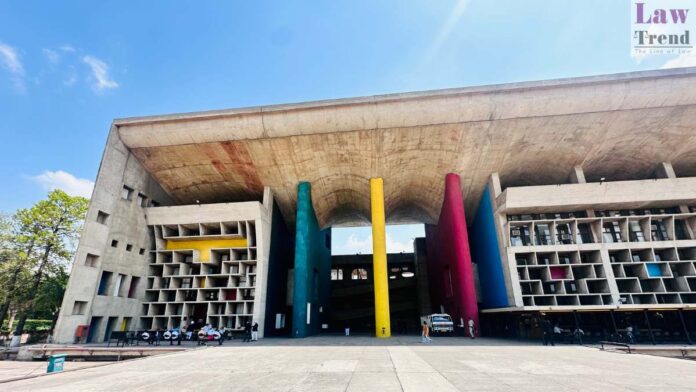In a sharp rebuke to arbitrary service practices, the Punjab & Haryana High Court has imposed a ₹10,000 fine on the District and Sessions Judge of Patiala for denying the second Assured Career Progression (ACP) benefit to Munish Gautam, a clerk in the Patiala Sessions Division. The court found the denial of ACP benefits to
To Read More Please Subscribe to VIP Membership for Unlimited Access to All the Articles, Download Available Copies of Judgments/Order, Acess to Central/State Bare Acts, Advertisement Free Content, Access to More than 4000 Legal Drafts( Readymade Editable Formats of Suits, Petitions, Writs, Legal Notices, Divorce Petitions, 138 Notices, Bail Applications etc.) in Hindi and English.




